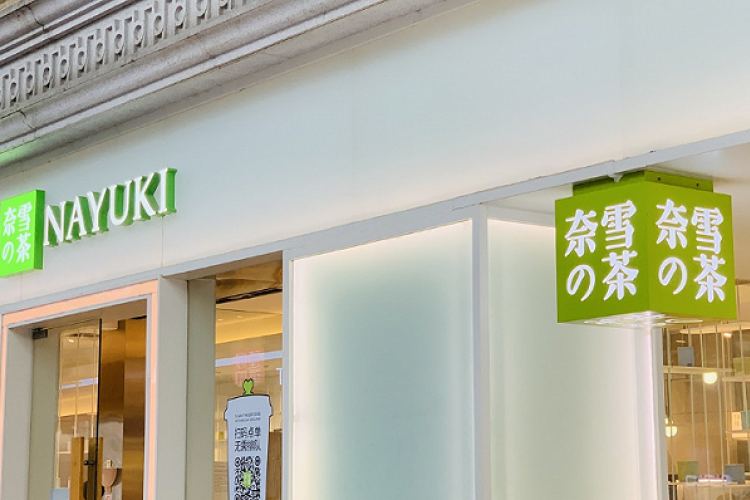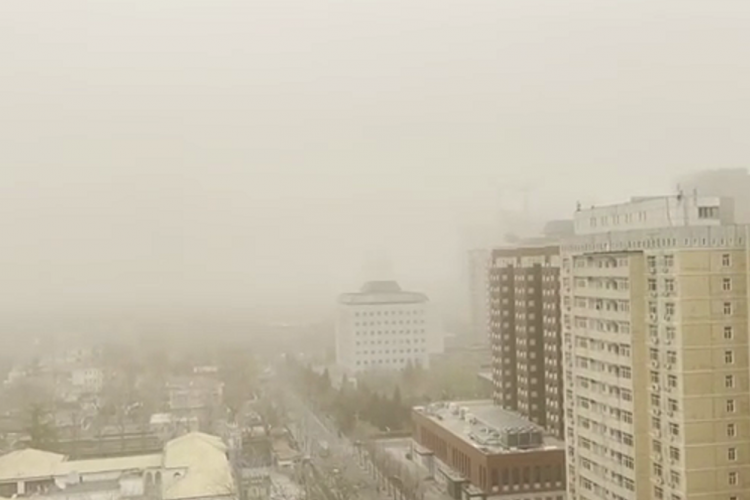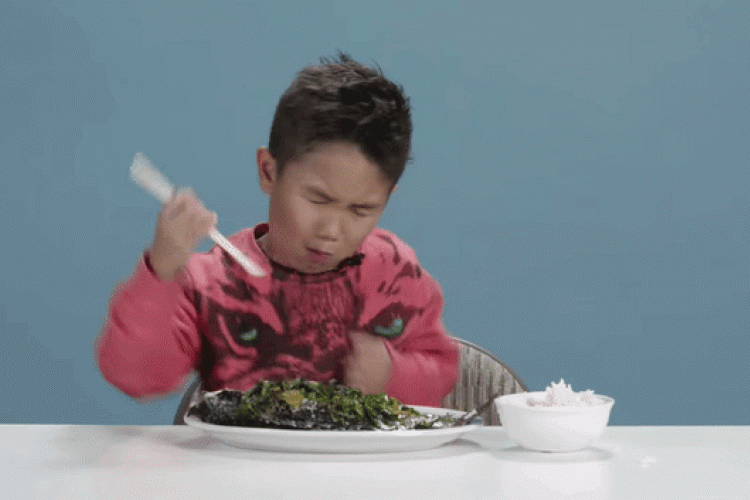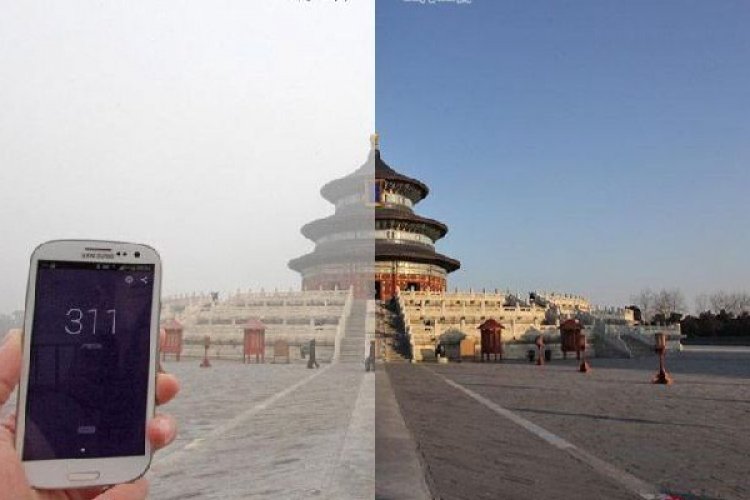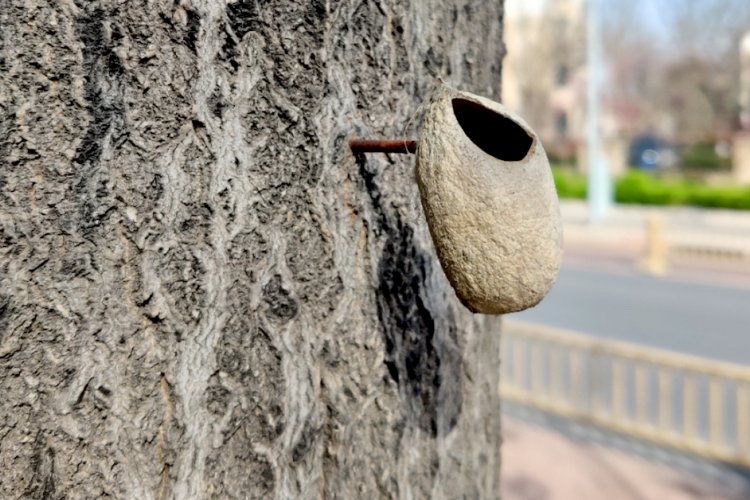Bei-cology: China's Food Scandals, Lack of Arable Land, Lead to Big Business for Importers
China's food safety scandals and subpar access to arable land have left many of its citizens scrambling to purchase imported products. This is especially true for the country's young mothers, looking for safe sources of baby formula after the infamous 2008 tainted milk debacle that left 300,000 infants dangerously ill.
Amid all that bad news, a team of Chinese e-commerce entrepreneurs not only see an opportunity to provide a solution but also make a profit. And so far, business has been good. On November 3, Tech In Asia reported that Gfresh, a startup founded in 2014, has had so much success as "an online marketplace for trading and selling seafood to buyers in China" that mainland e-commerce behemoth Alibaba has decided to invest USD 20 million into the company.
In a statement, Gfresh attributed that successful breakthrough as thus: “Although many companies claim quality assurance for fresh product straight from the source, the reality is that a lot of companies lack stringent import controls."
Gfresh went on to say that: "With this new investment, Gfresh plans to pursue product initiatives for its online seafood marketplace; expand to new markets; and upgrade its logistics supply chain service. All while leading the Chinese seafood industry into a new stage of development."
Gfresh is not likely to be the last company to make a killing off of China's arid food safety status. After all, only nine percent of the nation's land is arable, according to a CKGSB article. And even though it is promising that innovative companies are providing smart solution the issue, the entire state of affairs is still troubling, according to the article's author, who wrote: "Needless to say, despite China's history of self-sufficiency, there is a remorseless logic in the fact that China has 20 percent of the world's population and only nine percent of the world's arable land ... Being dependent on foreign imports of anything creates vulnerabilities; food especially so."
The situation's severity has prompted the Chinese government to take drastic action. This past summer a Yibada article attributed China's lack of arable land not to pollution – surprisingly enough – but instead to the overuse of fertilizer, highly concentrated animal grazing and other such factors. Among the government's solutions, the author listed overseas land acquisition, taxation of fertilizers and pesticides, and a reshuffling of subsidies, incentives and support that favors profitable farms over those that have been floundering.
Such action is essential, according to experts like China Policy research firm agriculture expert Erlend Ek, who said: "There could be massive social unrest if they screw up the agriculture industry ... There hasn't been this big of a change maybe since the Great Leap Forward."
Another expert, Black Soil group chairman Sun Chang, said: "Chinese agriculture is effectively a cottage industry ... China is so far behind the US, Australia or Europe because of unorganized, subscale farms with no scientific management."
That would lead one to conclude that cutting edge companies like Gfresh are more than able to address the short term aspects of this issue, but what China truly longs for is equal innovation against its root agricultural issues.
More stories by this author here.
Email: kylemullin@truerun.com
Twitter: @MulKyle
WeChat: 13263495040
Related stories :
Comments
New comments are displayed first.Comments
![]() Candy1988
Submitted by Guest on Sat, 11/05/2016 - 22:29 Permalink
Candy1988
Submitted by Guest on Sat, 11/05/2016 - 22:29 Permalink
Re: Bei-cology: China's Food Scandals, Lack of Arable Land,...
Another self-employed job oppotunity for Chinese people abroad without a working visa---FISHERMAN
![]() lynxlynx
Submitted by Guest on Sat, 11/05/2016 - 17:28 Permalink
lynxlynx
Submitted by Guest on Sat, 11/05/2016 - 17:28 Permalink
Re: Bei-cology: China's Food Scandals, Lack of Arable Land,...
Nice. But is "only nine percent of land in China arable", or has "China only nine percent of the world's arable land?" Besides that, may they be more successfull than with the "Great Leap Forward"!
Validate your mobile phone number to post comments.


